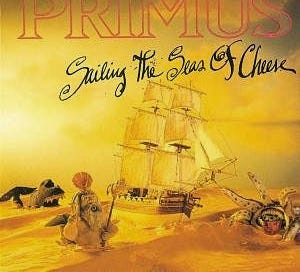Welcome to our Musical Zodiac, in which we arbitrarily match instruments to personality types and use it as an excuse to talk about our favorite musickers. The astrological sign for 19 December - 19 January is Capricorn - which has very scientifically been aligned with the personality of the Bass.
I love Les Claypool, and I particularly loved the 1991 Pr…
Keep reading with a 7-day free trial
Subscribe to All Kinds Musick to keep reading this post and get 7 days of free access to the full post archives.




